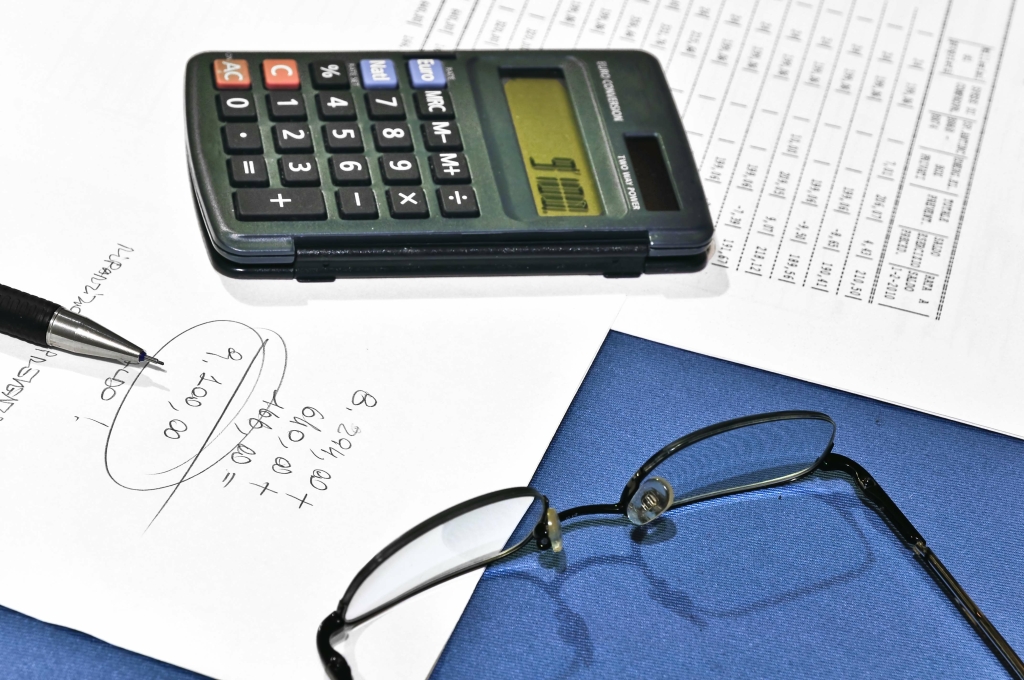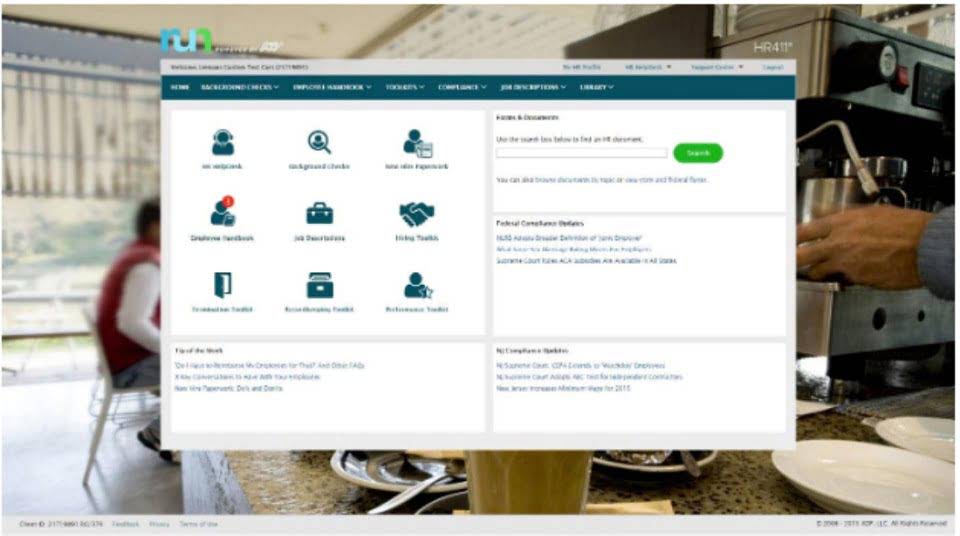MM Million Meaning, Examples, Conversion & Notations
This can cause confusion since in the United States, “mil” traditionally means a thousandth of an inch. While you can make MM stand for millions of anything, it’s important that the reader knows whether you’re talking about dollars, euros, units shipped, etc. If, say, you use it for both units and dollars in the same…

This can cause confusion since in the United States, “mil” traditionally means a thousandth of an inch. While you can make MM stand for millions of anything, it’s important that the reader knows whether you’re talking about dollars, euros, units shipped, etc. If, say, you use it for both units and dollars in the same document, separate the different categories so your readers don’t get confused. In https://www.bookstime.com/ fact, the largest number with a single-word name in ancient Greek was 10,000.
Before the Words Million and Billion
Scientific notation represents numbers in powers of ten, so that 650 billion can be written as 650 × 109 or as 6.5 × 1011. In the context of international reporting, the use https://www.facebook.com/BooksTimeInc/ of “MM” to denote millions plays a significant role in ensuring clarity and uniformity across diverse financial landscapes. As businesses operate on a global scale, the need for standardized financial terminology becomes paramount. The use of MM is not just about convenience; it also plays a role in standardizing financial reporting.

Using Accents and Diacritics in English
- Merchants and bankers required a standardized way to represent large sums of money, leading to the adoption of “MM” to denote millions.
- After analyzing its history and modern use, I have a new appreciation for how deeply rooted MM is within finance culture, likely to endure for the foreseeable future.
- As commerce and trade expanded during the Renaissance, the need for more sophisticated financial reporting became apparent.
- On the other hand, “MM” stands for millions, a convention that has gained widespread acceptance in financial reporting and analysis.
- Swap the word “million” for “mil” or “mm” to avoid redundant language but to still be specific in how large numbers you’re working with.
- In my experience analyzing data from top financial institutions, I estimate 90% or more use MM based on samples of hundreds of documents and reports.
- By employing “MM,” companies can present their financial data in a universally understood format, minimizing the risk of misinterpretation.
Another driver of using MM was the need to streamline amounts in printed financial statements, reports, and documents. Whether etched by hand or printed, space was at a premium on these pages. MM enabled fitting large monetary values concisely into tables and ledgers. As a data analyst who works closely with the finance industry, I‘ve always been fascinated by the ubiquitous use of “MM” as an abbreviation for millions among banking and accounting professionals.
Streamlining Financial Documents

People often wonder if there is a correct or best way to abbreviate million and billion when writing about figures. For those who were taught numbers before the 1970s, the answer to this question may well have been different depending on where you received your schooling. While it is accepted in English today that one mm meaning million billion equals 109, it is important to be aware, especially when reading older texts, that in the United Kingdom billion hasn’t always meant 109. Until the 1970s, when the United Kingdom officially adopted the American definition of billion, this word represented 1012 in British English.

The Pros of MM for Banking
From myrias we get the English word myriad meaning “an extremely large number or amount”. The ancients also had the “myriad myriad” (10,000 × 10,000) or one hundred million. He explains this system in The Sand Reckoner, a treatise that sets out to quantify all the grains of sand in the universe in order to challenge the idea that such a quantity was too large to be counted. If you’re looking to avoid the word million altogether, you won’t have much luck.
Led by editor-in-chief, Kimberly Zhang, our editorial staff works hard to make each piece of content is to the highest standards. Our rigorous editorial process includes editing for accuracy, recency, and clarity. Its significance also lies in its capability to provide clarity and prevent misunderstandings that could potentially occur if numbers were presented in their raw form.
- The origins of this notation can be traced back to the Roman Empire, where the numeral system laid the groundwork for modern numerical abbreviations.
- If you think there’s any possibility of your use of MM being confusing or being misinterpreted, you’re safer writing out the numbers or using “millions.”
- For example, when comparing financial statements from different companies, the use of MM ensures that figures are easily comparable, reducing the risk of misinterpretation.
- Analysts use it to project future revenues, expenses, and other financial metrics.
- If the company sells 26,000 units, the accountant can record that as 26M units.
- This underscores the importance of context and clarity in financial documentation.
MM in International Reporting
One of the primary benefits of using “MM” in international reporting is its ability to reduce ambiguity. Financial documents often traverse multiple jurisdictions, each with its own set of conventions and terminologies. By employing “MM,” companies can present their financial data in a universally understood format, minimizing the risk of misinterpretation. This is particularly important in cross-border transactions and investments, where accurate financial information is crucial for decision-making. In the 20th century, the globalization of markets and the rise of multinational corporations underscored the importance of standardized financial reporting. International accounting standards began to take shape, with organizations like the International Accounting Standards Board (IASB) and the Financial Accounting Standards Board (FASB) playing pivotal roles.

In financial statements, the abbreviation “MM” is commonly used to denote millions. This shorthand is particularly useful in simplifying the presentation of large figures, making financial documents more readable and less cluttered. For instance, a company reporting $5,000,000 in revenue would simply state $5MM, streamlining the data for stakeholders who need to quickly grasp the financial health of the organization. Most style guides agree that it is best to spell out these words in full where possible, and to use the abbreviations where spacing is limited (e.g. in headlines and tables) or when figures are repeated often. The Guardian and The Telegraph spell out thousand, million, etc. in full when referring to people and animals and use the abbreviated forms only when discussing inanimate objects or in financial contexts. Scientific texts, on the other hand, avoid appellations like million, billion and trillion and instead use scientific notation when writing about very large and very small numbers.

